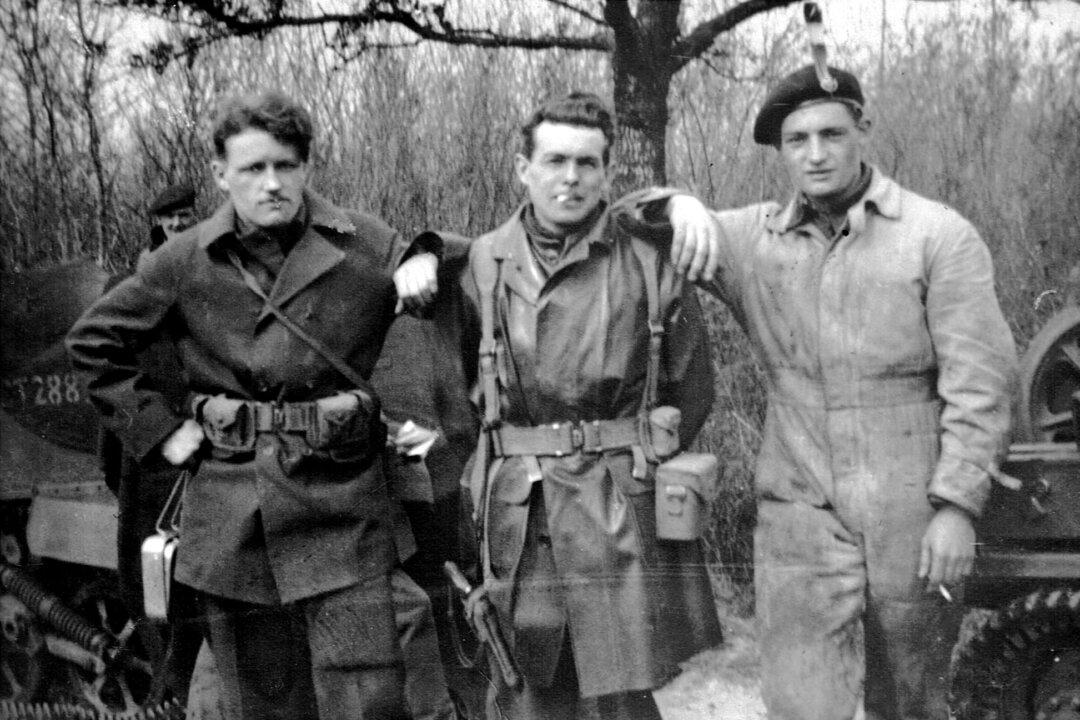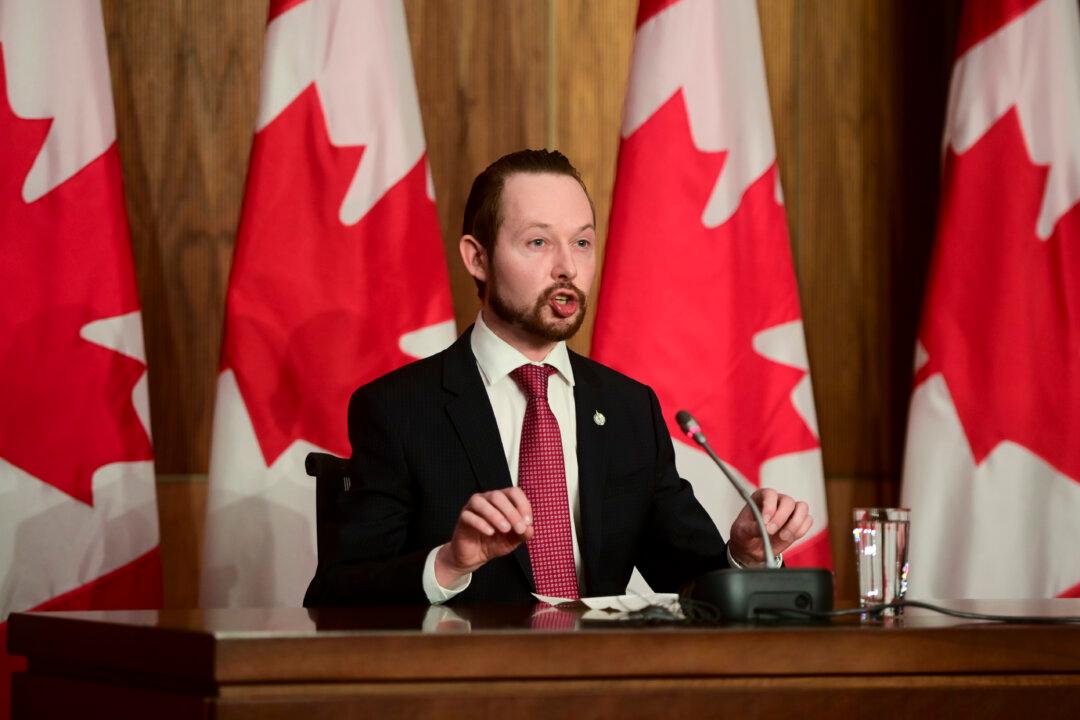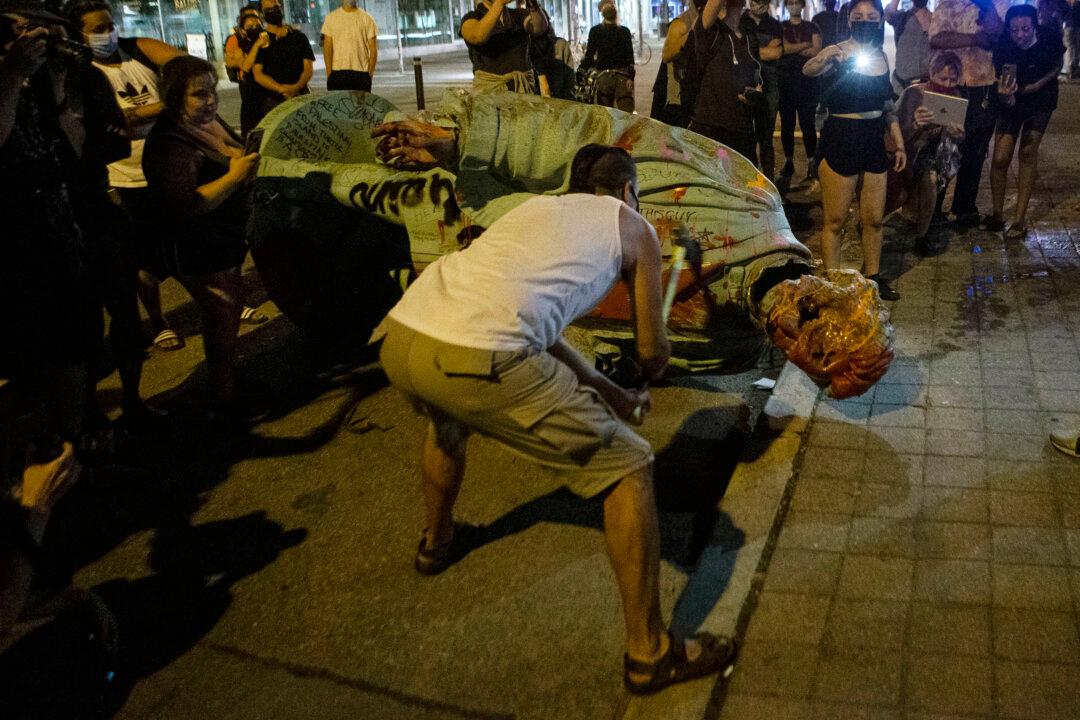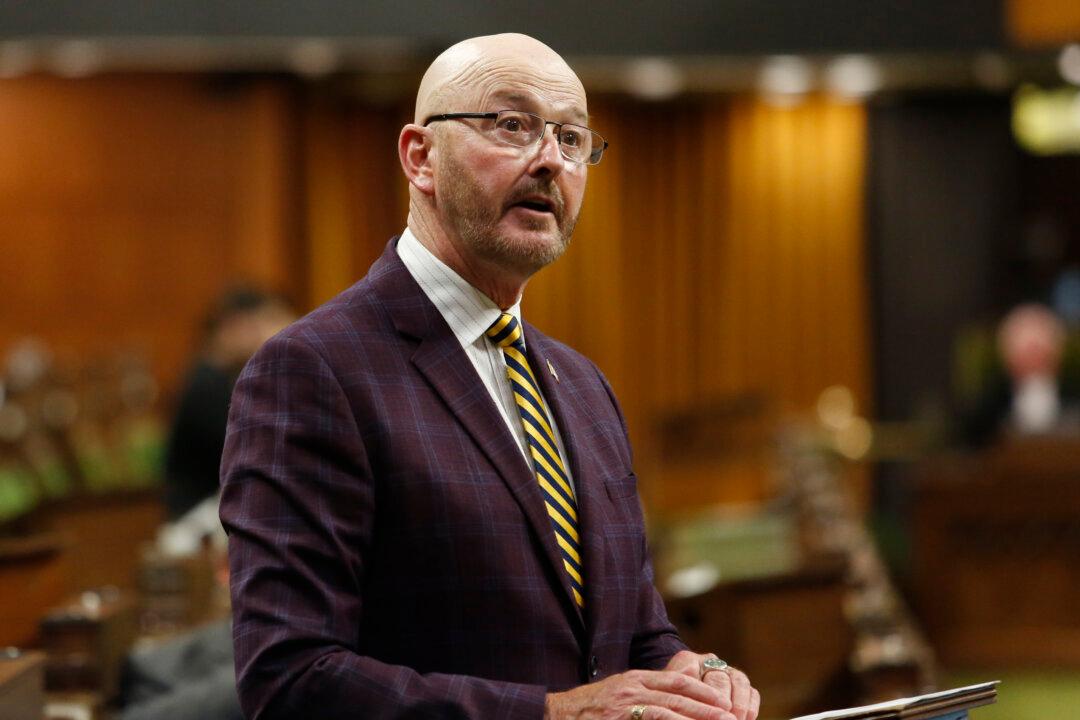Bill Palfrey came of age during the height of the Great Depression when work was extremely scarce. Many of his friends rode the rails across Canada, looking for work and living the vagrant life.
But that life wasn’t for Bill. He decided to join the army, and in 1938, when the Trans-Canada Highway was still a gravel road, he and his brother Tom hopped on a motorbike and rode from Wetaskiwin, Alberta, to Victoria, British Columbia, to join up.





